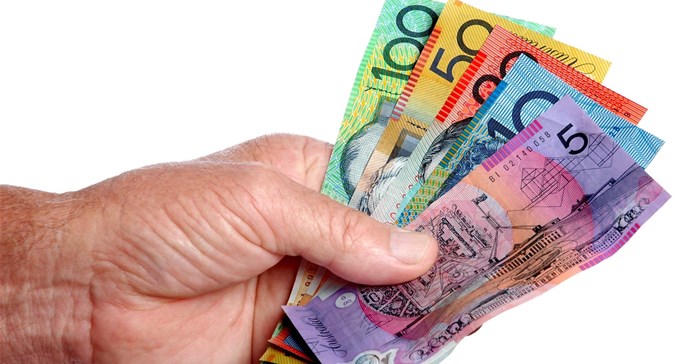The Australian mining industry is a force to be reckoned with, playing a prominent role in the country's economy, accounting for 7% of its gross domestic product (GDP). Billions of dollars of revenue are recorded each year, in 2018 alone, AU$127bn of mining and petroleum sales were reported just for the state of Western Australia, with mineral commodities accounting for AU$92bn.

Image source: Getty/Gallo
Beyond Australia's borders, it is estimated that at least 230 Australian companies participate in the resources sector across the African continent, with over 100 of those companies reportedly being Australian Securities Exchange (ASX) listed. Australian entities also have significant mining interests across the Southeast Asian region, including in Indonesia, the Philippines, and Vietnam.
From an outbound perspective, previous estimates indicate that over 80 percent of Australia's mining exports go to Asia. Both the inbound and outbound relationship with Asia are (as a consequence) of paramount importance. Though the rewards from operating in the industry can be substantial, it will come as no surprise that compliance risks are significant in the sector.
Transparency International Australia (TIA) has previously warned of the susceptibility of mining operations to corruption in Australia, noting that, as of 2016, 35.5% of all lobbyists registered with the Department of the Prime Minister and Cabinet (PM&C) were former government representatives. Australian operations abroad are not immune from inquiry, the regulations in Australia are already such that misconduct overseas may attract penalties within the country.
With political donations and lobbying in the spotlight, particularly in light of the upcoming federal election on 18 May 2019, navigating what is and is not in line with regulation, is becoming an ever more complex exercise.
Amidst reports that representatives from the industry are meeting with government ministers in the State of New South Wales (NSW) weekly, the head of the NSW Independent Commission against Corruption, has flagged the need to reform lobbying rules within the state. At the federal level, attention is focused on the potential establishment of a national anti-corruption body, which will likely add pressure to the already scrutinised approach to commonwealth regulation of political donations.
Anti-corruption initiatives
The current review of federal corporate crime laws will also have an impact on industry players. The intention of the review is, in part, to strengthen the government's ability to "hold corporations to account for criminal misconduct by their officers." Across Southeast Asia, anti-corruption initiatives are key on the agenda for many resource rich nations.
They were a major election platform in the recent Indonesian presidential elections, and in recent years the Corruption Eradication Commission (KPK) have ramped up enforcement in this regard. Last year, Vietnam overhauled its penal code to enable effective private sector corruption prosecutions in the nation, as well as, to extend the applicability of the regime to certain commercial legal entities. The anti-corruption laws in many Southeast Asian countries can, and have, been used to prosecute foreign nationals, and in some circumstances, foreign commercial entities.
Enhancements to anti-bribery and corruption regulatory regimes, both in Australia and further afield in Southeast Asia, have the consequence that market participants need to be more cognizant of these risks than ever before, and ensure they have taken appropriate action to remain compliant and protected.


































